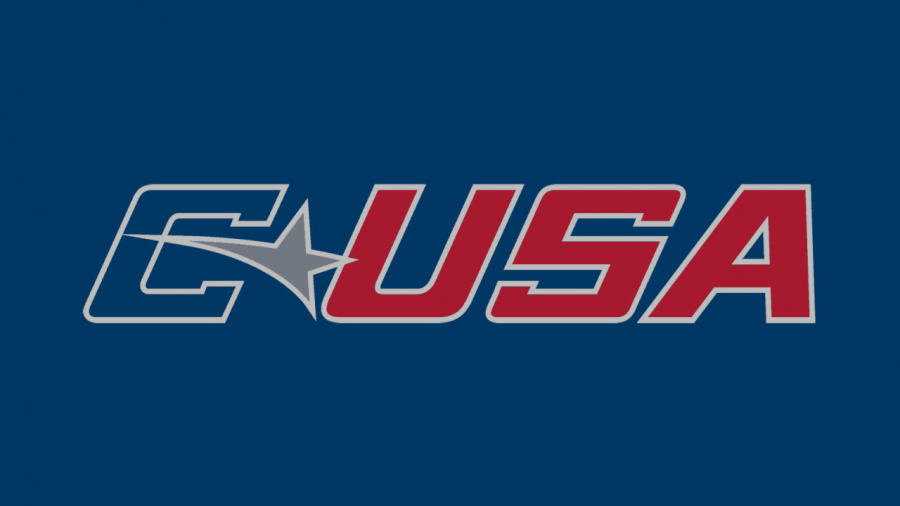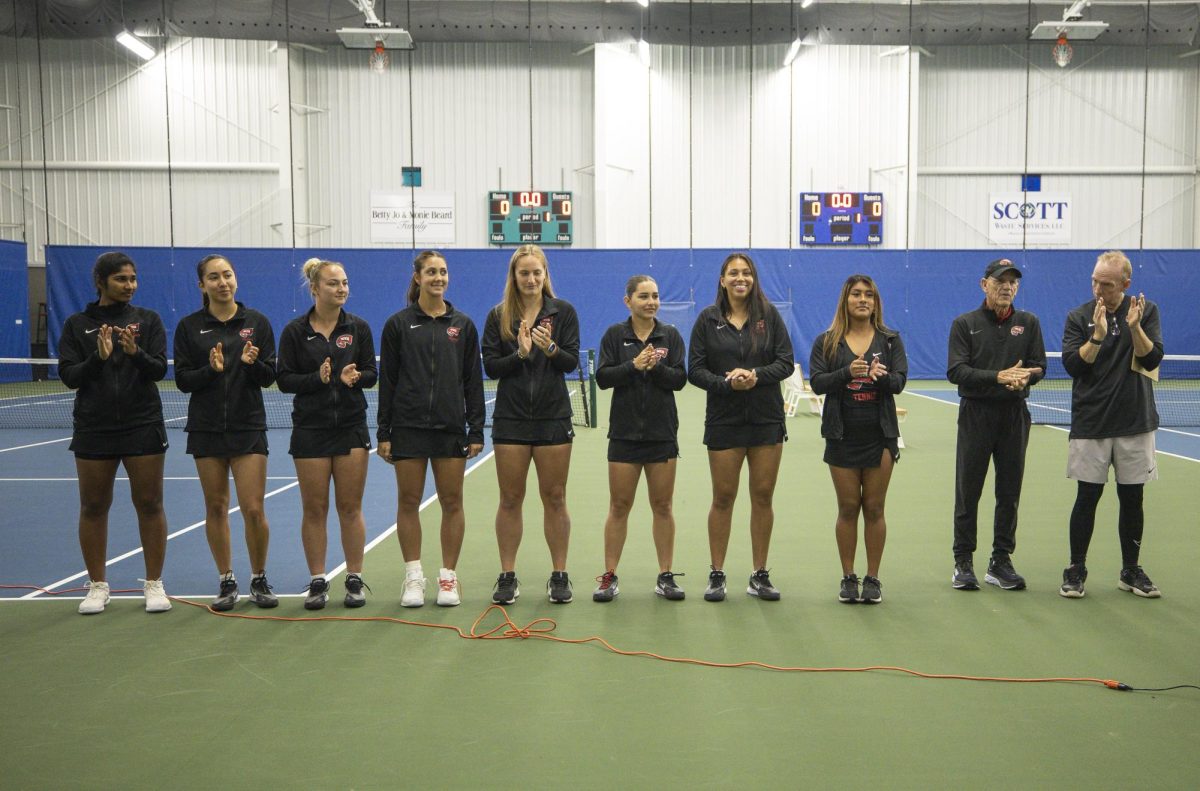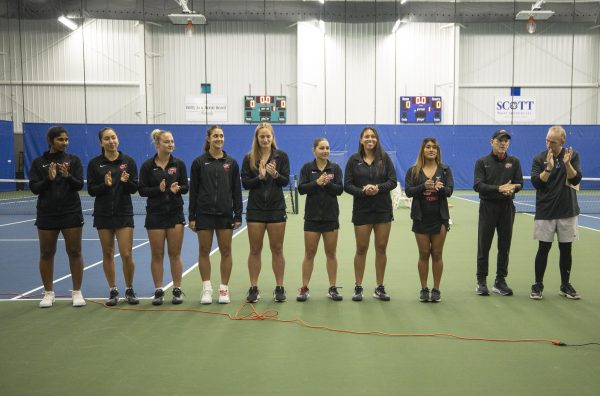The fall of C-USA: What does it mean for WKU?
October 19, 2021
ESPN reported on Tuesday that the American Athletic Conference has received membership applications from six Conference USA schools – Charlotte, FAU, UTSA, Rice, UAB and North Texas – striking a blow to the current C-USA landscape.
Soon after ESPN confirmed the news, WKU Athletics released a statement from Director of Athletics Todd Stewart regarding the future of the program.
Statement from WKU Director of Athletics @ToddStewartWKU#GoTops pic.twitter.com/uJiG5rsO0u
— WKU Sports (@WKUSports) October 19, 2021
The statement neither confirms nor denies any plans for WKU to stay put or move to a new conference, but remaining a member of a plundered Conference USA is far from an optimal future.
The flight of the aforementioned six teams leaves behind WKU, MTSU, Old Dominion, Marshall, Southern Miss, FIU, Louisiana Tech and UTEP, a disconnected pool of eight programs that share few geographical and historical ties.
This is not the first time that the conference has seen mass turmoil. Household names such as Memphis, Tulane, Houston, ECU, UCF, SMU and Tulsa all parted ways with C-USA from 2013-14 and, ironically, formed the current AAC. Programs like Cincinnati, Louisville, Marquette and DePaul fled for the former Big East back in 2005.
The conference may run into difficulties attracting new talent due to its TV contract. C-USA signed a five-year deal with CBS Sports Network as the league’s primary rights holder in 2018, with member schools receiving between $400,000 and $500,000 annually from that contract.
These numbers pale in comparison to the AAC.
The league struck a 12-year, $1 billion deal with ESPN in 2019 that will run through 2031-32. The AAC was made up of just 11 teams at the time, but when these six C-USA programs join up as expected, there will be 14 programs splitting close to $80 million in TV revenue each season.
What can the conference do to fill up its depleted roster? Losing UTSA and Charlotte hurts due to the fact that both programs are located in major TV markets. UAB leaving is hardly a surprise as the program has consistently found football success since the program came back to life after its 2014 termination, but C-USA is waving goodbye to a proven winner.
The remaining programs have little to offer. FIU is located in Miami and has the largest enrollment of the conference, but the Golden Panthers take up very little of the Miami sports conversation. Louisiana Tech fields arguably the most consistent football program of the group, but that’s not enough.
Any programs sticking around for the future of C-USA are in a precarious and uncertain position. It should be WKU’s priority to not be one of them.
Sports Editor Jake Moore can be reached at [email protected]. Follow him on Twitter @Charles_JMoore.


























